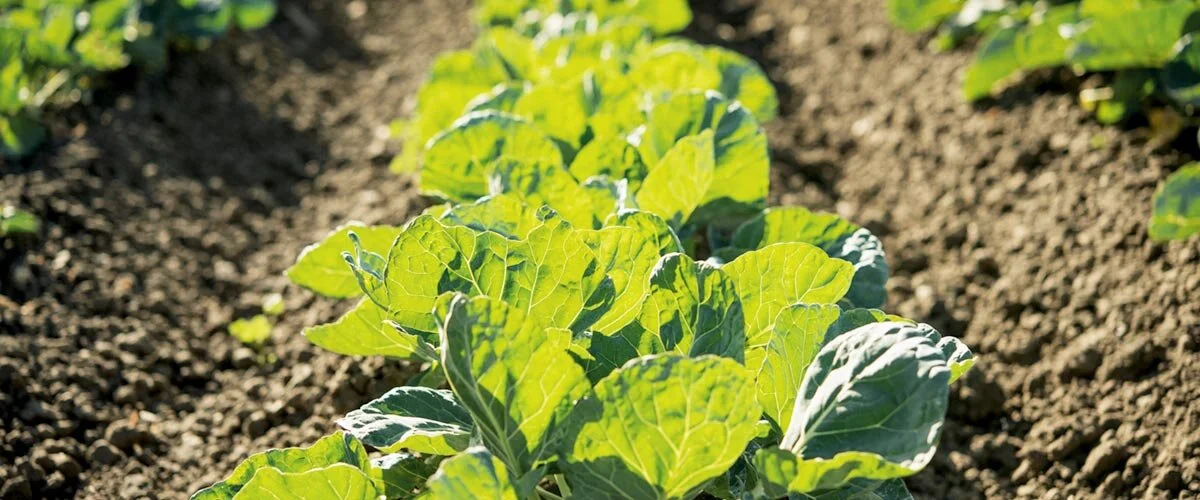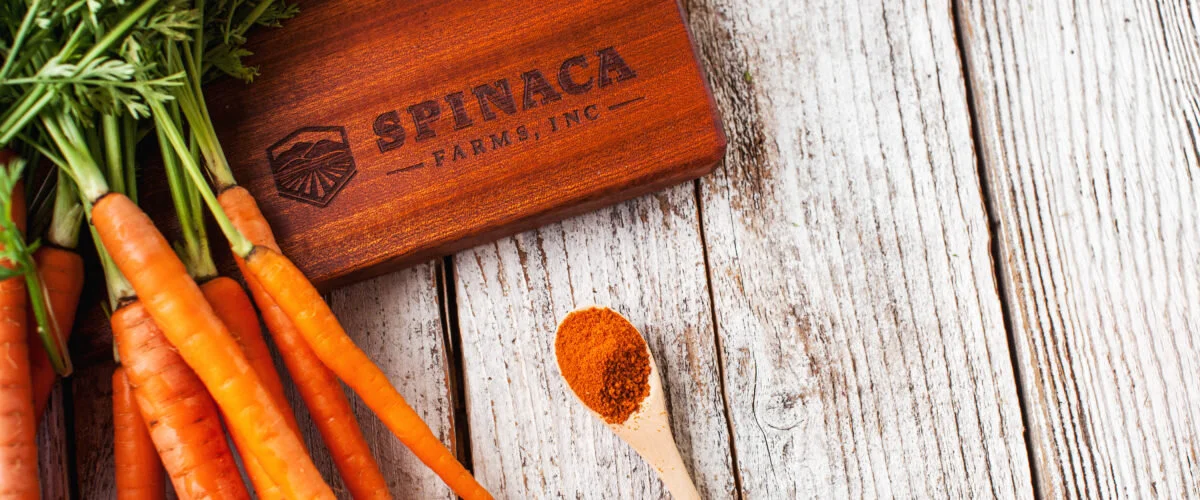All proteins are not created equal at all—no! Even meat proteins vary from animal to animal. Beef has more fat and iron while chicken, for example, tends to be a leaner source of proteins. Fish is again high fat and high protein but has different types of fats than red meat—often considered the good fats, but I’m not sure I agree with that sentiment entirely. Whey protein comes from cow milk, and plant proteins….well those come from plants.
Read MoreSo, let’s talk about oxygen. Oxygen is an unstable gas and our body takes advantage of that instability to produce energy. Part of the process of energy production involves disrupting electrons and spinning them through the little batteries in our cells called the mitochondria. Most of these reactions are very well controlled but sometimes some of the electrons escape. This is when the trouble begins.
Read MoreSaturated fats have definitely gotten a bad name over the years. Saturated fats, when digested, generally go through a double loop around the body because fats find it difficult to dissolve in our blood which is a water-based environment and most people recognise fats and water don’t mix very well. So fats are transported via our lymphatic systems which is a little bit like the back roads if our arteries and veins are the freeways.
Read MoreIts that time of year isn’t it!? Odds are most of us took a minute or two this month to think about our health and how to get fitter and healthier for 2019. New Year, new attitude, right? We hit the gym and chow down on spinach and celery juice for all of two days or two weeks if we’re lucky…..then it’s back to coffee and chocolate! People often ask me how to make that new New Years Resolution of better diet and exercise stick. Well, I’ll tell ya. I have three simple tips to help you out.
Read MoreDid you know that 85% of kids in this country are not getting the vitamins and minerals they need to support proper physical and mental development? This is largely due to the fact that they’re consuming fewer foods that are fortified with the core five food groups—fruits, vegetables, grains, dairy, and protein. As parents, it’s more important than ever to think about the foods we’re consuming with our kids—not only when you sit down for meals, but also when eating on the go.
Read MoreFermented foods are big right now. Everywhere you look, someone’s talking about the health-promoting qualities of sourdough bread, kimchi, or yogurt, and for good reason: fermentation introduces digestion-aiding probiotics and the glucosinolate compounds believed to fight cancer. What’s more, it might even support the immune system.
Read MoreLast month, the journal Pediatrics came out with a study of how common, FDA-approved food additives threaten children’s health. The results were grim, underscoring the fact that the United States is woefully behind much of the world in regulating toxic ingredients like phthalates, artificial colors, and preservatives like nitrates and nitrites…and how the development of our children’s endocrine, nervous, and reproductive systems are at stake.
Read MoreIncreasing the availability of nitrates in our diet means we don’t need to rely on internal mechanisms to produce this compound and can react to challenges on the arterial system quicker. There is also a lot of evidence to show that a healthy more elastic arterial system is associated with a significant reduction in mortality from a cardiovascular event.
Read More“Gut health” is such a huge buzz-term right now and people are flocking to health food stores to stock up on probiotics, etc. Can you start by telling us what “gut health” really means on a physiological level and why it is so important?
Read MoreAs I mentioned in my last post, as a vegetable farmer, I’m always on a mission to get more produce and diversity into my kids’ diets. I credit my own mom with influencing my approach on this, as she always said “A little of everything, not a lot of one thing.” I’ve never forgotten that and take it to heart as a parent.
Read MoreMost people know about antioxidants but, what they are “anti” against is perhaps less well known. Buckle in, here we go. In the mid-1950’s a truly brilliant Scientist proposed the “free radical theory of aging”—also sometimes referred to as the oxygen paradox—that says, “That which gives us life also takes it”.
Read MoreWe’ve been talking over the last year about the health benefits of eating vegetables in their many different forms, whether fresh, juiced, blended or, of course, as powders. On a personal level, I’m a great lover of veg, and not just because I work in agriculture. My mantra at home―the one that makes my kids roll their eyes―is “Gotta have a veg!” At my house, we eat a veggie with every meal because, if I’m promoting the value of vegetables in my profession, I think it’s important to practice what I preach in my personal life and my diet.
Read MoreIn this blog series, we ask Dr. Fogarty, a nutrition and exercise expert from the UK, to weigh in on how eating vegetables affect our health and athletic performance.
Read MoreGilroy, CA, April 16, 2018—Spinaca Farms, known for growing, packing and procuring conventional and certified organic produce for the fresh market, announced the launch of their Root-to-Shoot program that maximizes crop utility for American farmers while supplying high-quality domestic vegetable products to the rapidly expanding functional foods market.
Read MoreEver notice how Fido or Furball sometimes munches on grass or weeds? It turns out dogs and cats like their greens just as we humans do. Though their diet should be primarily comprised of protein, pets also eat plant matter for digestive aid, nutrients and detoxification. When their body needs it, they make use of whatever’s handy (including―but not limited to―your lawn).
Read MoreWe all know dark, leafy green vegetables are good for us. Every day, studies and articles tout the nutritional benefits of consuming foods like kale, spinach and broccoli, which are rich in vitamins, antioxidants, fiber, iron, magnesium, potassium, and calcium, and low in carbohydrates, sodium and cholesterol. In other words, we understand why they’re called superfoods.
Read MoreCan you tell the difference between a functional food, a dietary supplement and a nutraceutical? Most people are aware that what they eat affects their vitality and lifespan, but have no idea where the line between food and drugs really lies. As we’ve discovered, the definition of nutraceuticals vs supplements and functional foods overlap quite a bit, but each retains its own niche in the modern food industry.
Read More

















